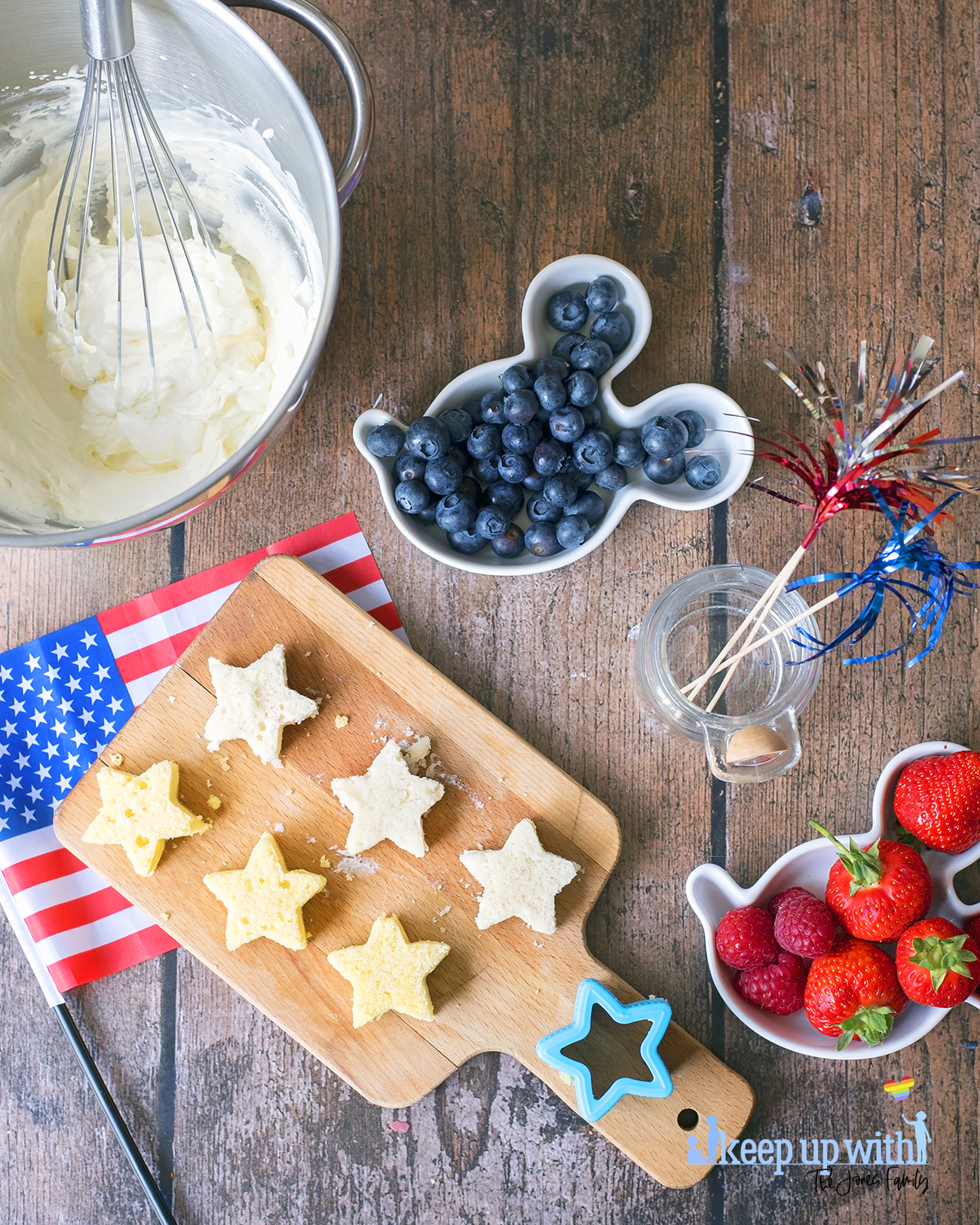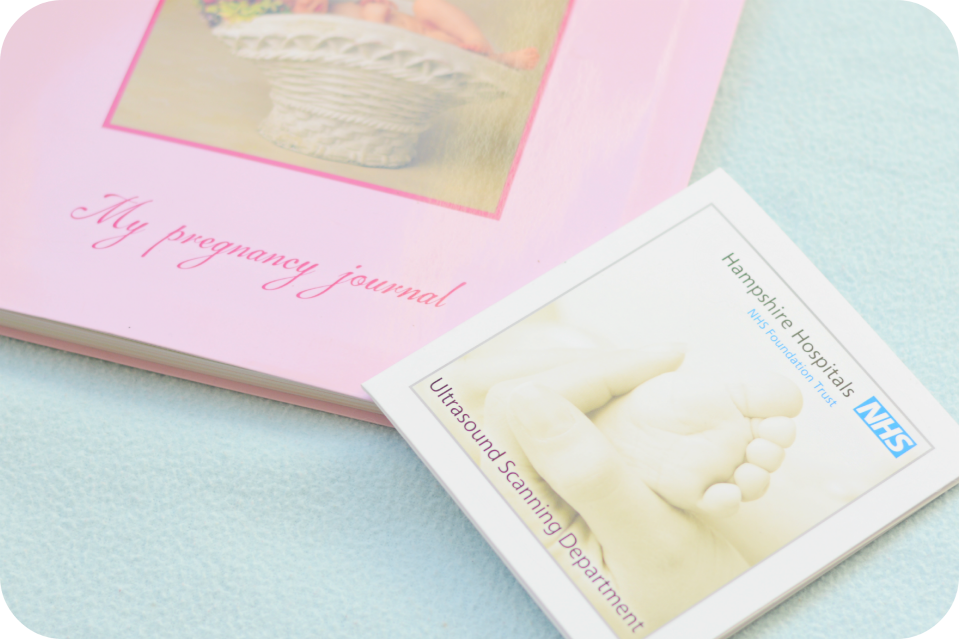Can Essential Oils Boost Your Mood?
Are you not feeling yourself? Try this simple method to improve your mood right away. Grate some lemon rind, inhale deeply, and you’ll immediately feel revived, energised, and joyful. You’ve just been exposed to the ability to invigorate and uplift essential oils to improve your mood.
Essential oils are concentrated chemical components extracted from plants using mechanical processes like cold pressing, steam or water distillation, or distillation. The most typical substance utilised in aromatherapy is essential oil. Usually, they are diluted and administered to the skin or breathed.
You can check out TheSoapery’s blog on oils for mood about the oils you can use to increase your energy, motivation, and focus while reducing weariness.
How Essential Oils Lift Your Mood
The quickest way to alter an emotional state – quicker than any other sensuous modality – is with smell, according to Dr Alan R. Hirsch of the Smell & Taste Therapy and Research Foundation in Chicago. Who knew it could be so simple? And how come?
It’s pretty easy. Your sense of smell is actually 10,000 times more sensitive than other senses. When you smell anything, your brain instantaneously releases a wave of feelings and emotions and sends them into your body. Depending on the memories associated with the perfume, they might be positive or negative.
For this reason, many of us connect the aroma of freshly baked bread with the cosy, contented sensations of a happy house. And why, even if you can’t put your finger on it, your attitude may shift when you smell something you don’t like.
This is where essential oils’ miraculous powers come into play. You may now imprint the scents of each on your brain to improve your overall mood and outlook on life. Each perfume is connected to an emotion, sentiment, or mental state.
Even more amazing is how quickly essential oils start to work. Only a few fast sniffs are all it takes for the advantages to enter your body and brain, improving your mood quickly. Even if you apply them to your skin, it will take around 2-3 minutes to enter your bloodstream and 20 minutes to reach all your body’s cells. It’s fantastic, huh?
Some Essential Oil Mood Enhancers
Do you need a quick boost? For that, there are uplifting, invigorating oils. Are you stressed out? Try using a grounding or relaxing oil, or combine the two. Also, there are clarifying and energising oils for when your head feels cloudy. Even joyful essential oils exist that you can use because you wish to cheer yourself up and improve your mood.
Clary Sage Essential Oil: Soothing, contentment, self-confidence
Best for depression, stress buster, mood swings, anxiety, memory
Are you feeling anxious and unsure of what to do? Clary sage has been proven to be particularly helpful in decreasing cortisol, the hormone your body releases when you’re stressed, according to a recent small study of women in their 50s.
Even better, Clary sage reduces mood swings and promotes mental quiet by raising serotonin and dopamine levels, the “happy” and mood-enhancing hormones. According to a different study, Clary sage lowers blood pressure and decreases breathing.
Frankincense Essential Oil: Grounding, balancing, promotes inner peace
Best for emotions, lack of concentration, depression, worry, stress, sleep
Even though there isn’t much research on frankincense, many individuals adore its warm, sweet, and woodsy perfume and find that it calms their emotions and reduces agitation. It is well renowned for its reassuring and grounding qualities, which encourage feelings of relaxation, boost mood, and increase attention.
Also, it can promote inner peace by calming a busy mind, especially when you’re anxious or overloaded. Results from a tiny study point to frankincense’s potential antidepressant properties.
Vetiver Essential Oil: Calming, grounding, reduces anxiety
Best for nervous tension, anger, exhaustion, stress, irritability, lack of focus
If you’re feeling off balance, vetiver’s earthy, smoky aroma might help you feel more grounded. According to this study, vetiver, frequently used to relax the nerves and improve mood, can help soothe and calm nervousness. So whether you’re having difficulties falling asleep or need to unwind, vetiver can assist you in maintaining emotional equilibrium.
Moreover, vetiver will stimulate a tired brain to keep it aware and on target when your thoughts feel slightly chaotic and unfocused.
Eucalyptus Essential Oil: Invigorating, uplifting, mental clarity
Best for stress, anxiety, mental lethargy, physical exhaustion, foggy brain
A tiny burst of eucalyptus’ uplift could be just what you need if you’re sad. It stimulates the brain, clears thoughts, energises the body, and uplifts mood. It is well renowned for its energising, refreshing aroma.
It is well known for easing stress symptoms and has also been shown to be a good anxiety reducer. Moreover, it can improve focus by increasing blood flow to the brain and arousing sleepy minds. On the other hand, it even heightens sensations of serenity and relaxation, revitalising the body and soul.
How To Use The Essential Oils
Although some proponents of essential oils blend the oils with lotions or dab them on bandages, the following methods are the most frequently employed when using essential oils for aromatherapy:
Breathing indirectly. An individual inhaler, which frequently includes essential oil drops floating on hot water, can be used to inhale the essential oil’s fragrance.
Indirect breathing. Using a room diffuser to disperse the smell allows you to inhale it. Another method of indirect inhalation involves putting droplets on a cotton ball or tissue.
Massage. The diluted essential oil can be used topically. Before applying the essential oil to your skin, dissolve it with a carrier oil, such as coconut, almond, or avocado.
Possible Risk When using Essential Oils
Before using essential oils, discuss them with your doctor if you’re on medication or have a severe medical condition.
If you intend to apply an essential oil topically, try it on your wrist or elbow first and then cover the test region with a bandage to check for any potential allergic reactions. If, within 24 hours, you experience itching, notice redness, or develop a rash, you shouldn’t apply the oil to your skin.
Before using essential oils with your child, discuss your plans with your paediatrician.
Consider who else might be exposed while diffusing essential oils into the air, including children, pets, pregnant or nursing women, people with asthma, and children and young children. For some people, some essential oils can be hazardous.



